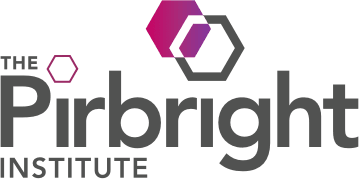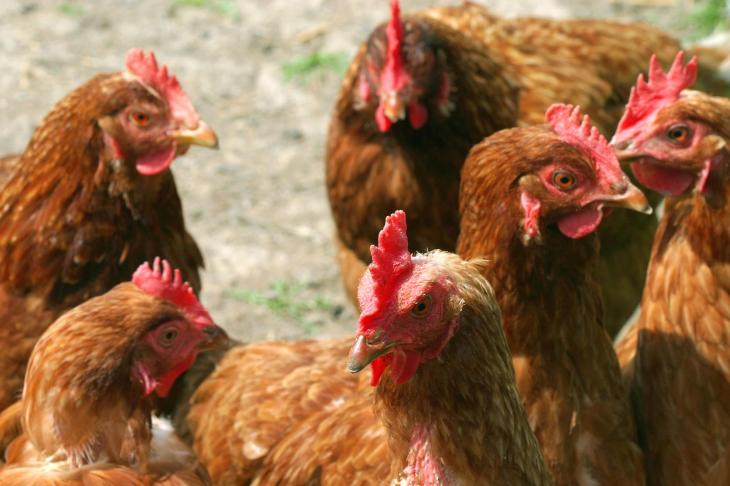Our group
The Avian Influenza and Newcastle Disease group uses a wide range of biological and biotechnological approaches in animal virology, molecular biology, protein biochemistry, immunology, vaccinology and diagnostics to improve control measures against avian influenza viruses affecting poultry and human health.
Our aims
-
To investigate how avian influenza viruses of different protein subtypes (Hemagglutinin H5, H7 and H9) evolve, adapt, infect, persist and overcome vaccine immunity in poultry, by identifying the molecular determinants that influence infectivity, transmissibility, virulence, host specificity and vaccine effectiveness.
-
To improve vaccine effectiveness and delivery platforms through developing novel vaccines against avian influenza. We aim to do this by expressing protective antigens of avian influenza virus into vaccine strains of other viruses already being employed in poultry e.g. herpesvirus of turkeys (a vaccine against Marek's disease), and Newcastle disease virus. In particular we shall be developing avian influenza vaccines that could be applied to chicks before they hatch (in ovo vaccination).
-
To develop reagents and robust assays for rapid and differential diagnosis of different avian influenza virus subtypes affecting poultry.
Our research
We are examining the way wild bird-origin influenza viruses can establish infection in poultry by identifying a specific molecular pattern (glycosylation sites) of the H7N1 influenza subtype in the heamagglutinin glycoprotein (which aids entry of the virus into cells). These glycosylation sites modulate virus fitness and facilitate greater replication and transmission in chickens and turkeys.
We have identified antigenic sites in the haemagglutinin antigen of H9N2 virus – these findings will inform vaccine matching with circulating field strains when considering the selection of most suitable vaccine seed strain, either veterinary or human pandemic potential as well as surveillance efforts for the emergence of antigenic variants. Our studies also identified antigenic residues that could help to design more effective vaccines inducing broader cross-protective immunity against the antigenically diversified H9N2 viruses circulating in poultry.
We have also developed herpesvirus of turkey (HVT)-based live vaccines, providing life-long immunity to chickens from both avian influenza virus and Marek’s disease. Additionally, our group have also developed Aptamer-based biosensors for easy and rapid visual detection of influenza virus infection at the pen-side.
Our impact
Avian influenza viruses are a major threat to animal production systems, human health, food security, trade and the economy world-wide. To reduce these devastating impacts, we are undertaking research to unravel how influenza virus infections arise, evolve, spread and cause disease. Our studies have identified the factors that favour influenza viruses to establish in poultry from their natural wild-aquatic bird hosts. The knowledge gained from the research was used to develop novel vaccines providing dual protection against two economically important diseases of poultry; avian influenza and the Marek’s disease. We also developed novel diagnostic tests using synthetic biomolecules that can accurately and rapidly detect influenza virus infection at the flock site.


















